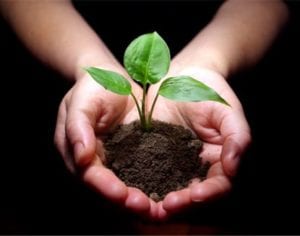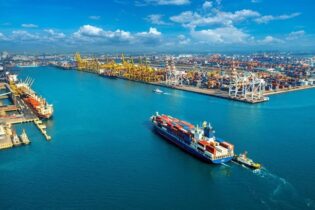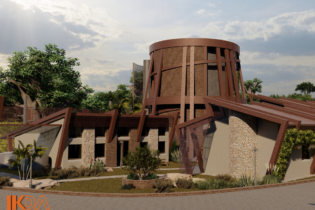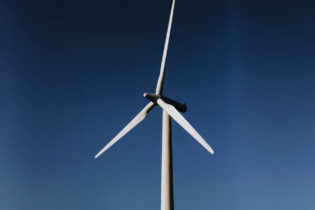Green house gas, South Africa is on its way to becoming a renewable energy leader with billions being invested in creating clean and efficient energy. A recent study revealed that renewable energy including wind and solar benefited South Africa by as much as R5.3 billion in 2014.* A zero carbon scenario, grid autonomy and wheeling will be some of the fascinating talking points for energy industry experts who gather at the Sustainable Energy Seminar. This two day conference takes place on 24 and 25 June 2015 during the annual alive2green Sustainability Week at the CSIR International Convention Centre in Pretoria.
The process of adding electricity to the grid in one place and taking it out at another, commonly known as wheeling, has been dubbed a potential catalyst for South Africa’s transition to renewable energy – could this approach open the flood gates? As energy producers gain direct access to end users by wheeling their clean energy through the Eskom grid, the market begins to open up, allowing market forces to push efficiencies up and prices down. The possibilities opening up for gas generation, both at the utility and on site scale and the prospect of reducing national Green House Gas emissions is beginning to look highly possible, if not probable. Strategies to achieve grid autonomy through efficiency and on site generation will be discussed at this year’s Sustainable Energy Seminar, a not-to-be-missed event, attracting the country’s leading experts in sustainable energy. “There is an urgent need to reduce fossil fuel dependency, reduce our carbon footprint and diversify the energy mix and supply. Renewable energy is an attractive solution to many problems, the most important of these being security of supply, because resources are abundant and sustainable with the advantage of relatively quick implementation times, creation of work opportunities and a lower long-term impact on the environment,” says Dr Karen Surridge-Talbot, Centre Manager for the Renewable Energy Centre of Research and Development (RECORD) at the South African National Energy Development Institute (SANEDI). Surridge-Talbot will share insights from SANEDI’s flagship projects at the Seminar. South Africa has one of the best solar regimes in the world and the question is how best to harness this renewable energy resource. Dr Chris Haw, Director of Aurora Power Group and the co-founder of the South African Photovoltaic Industry Association will discuss solar energy for commercial energy users with helpful case studies from his experience at SOLA Future Energy.Valuable insights about redox flow batteries will be shared by Mulilo project engineer, Tim Crombie and Etienne Gerber, technical head at Mitochondria Energy Company (Pty) Ltd will discuss hydrogen fuel cells. Dr Tobias Bischof-Niemz from the CSIR will speak about the council’s integrated energy initiative and opportunities for renewables in South Africa.
The Sustainable Energy Seminar will include riveting discussions on renewable energy generation potential versus the Renewable Energy Independent Power Producer Procurement Programme (REIPPP) programme, wheeling, natural gas as an alternative energy source in South Africa, autonomy from Eskom – going off the grid and sustainable energy at city scale. Each session in the Sustainable Energy Seminar will begin with an expert panel of 20 minute presentations, followed by a question and answer session with input from the audience. “We have a crucial role to play in enabling the transition from a carbon-intensive economy to more efficient low-carbon alternatives. The reduction of electricity consumption and increased rollout of renewable energy alternatives is a critical aspect of this transition,” says Dr Marco Lotz, Sustainability Carbon Specialist of Nedbank Group. The Sustainable Energy Seminar, sponsored by Nedbank, SANEDI, UNIDO, BASF, Massbuild and Participate Technologies forms part of the larger Sustainability Week, organised by alive2green, which runs from 23 to 28 June 2015. Affiliated partners of the Sustainable Energy Seminar include: PIESA, SESSA, SAEE, REEEP, TAPPSA, SAAEA and NBI. Sustainability Week is hosted by the City of Tshwane which has a vision to become a low carbon, resource efficient and climate resilient city by 2055. Executive Mayor of Tshwane Councillor Kgosientso Ramogkopa said, “Sustainability Week is a vital gathering for experts and leaders alike to champion urban sustainability for future generations. Energy efficiency is at the heart of this challenge – it cannot be overlooked.”






